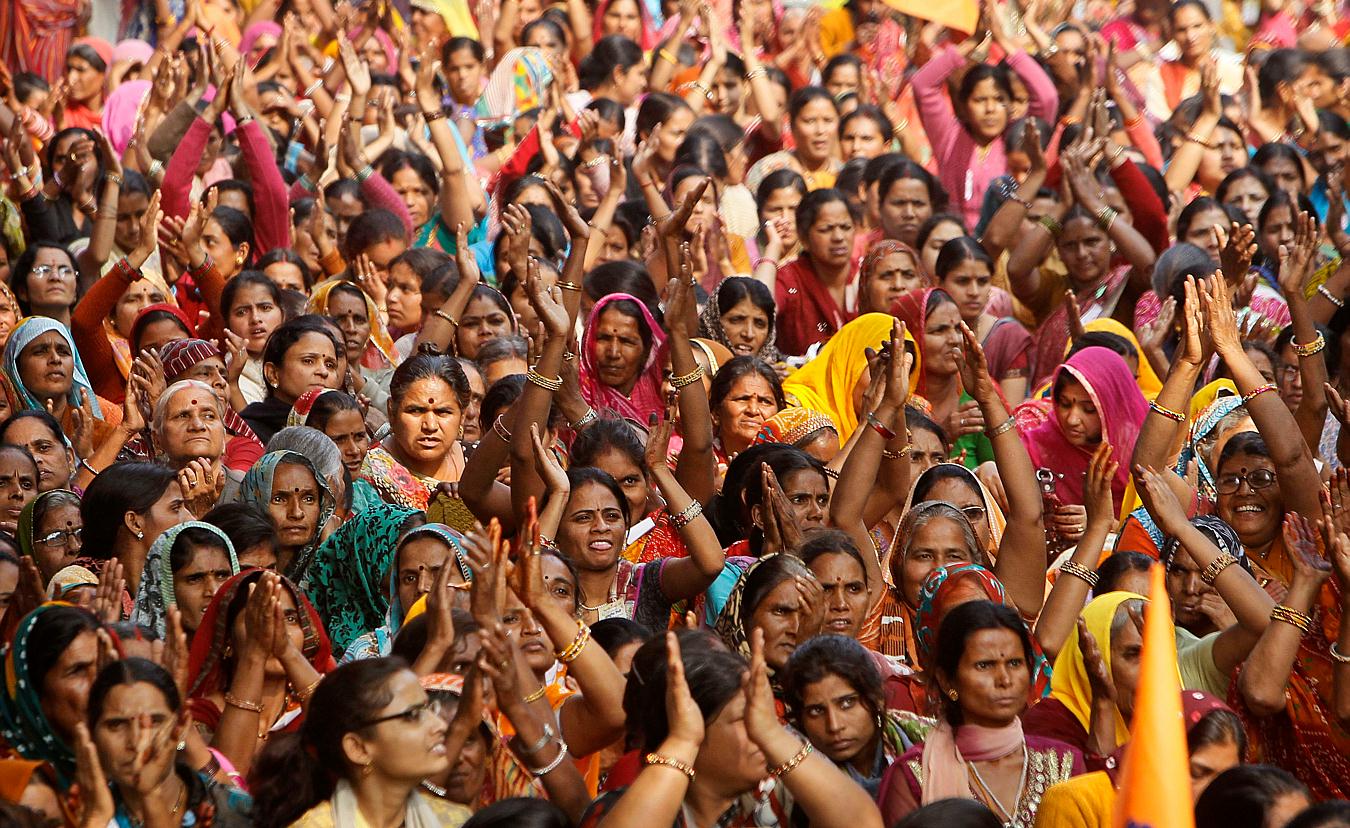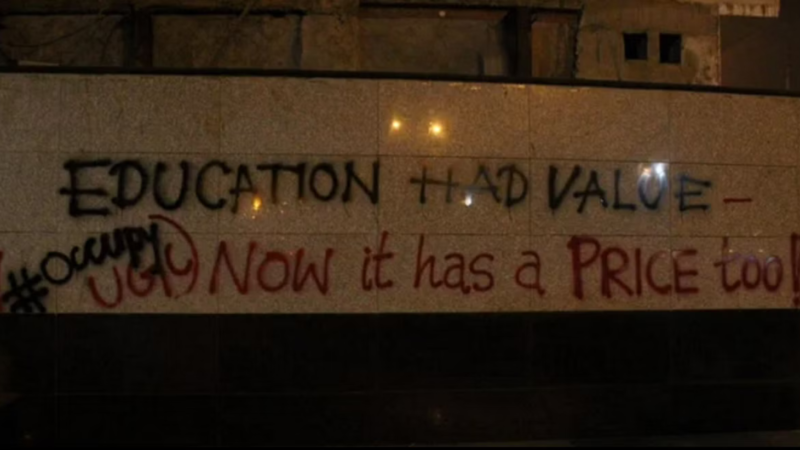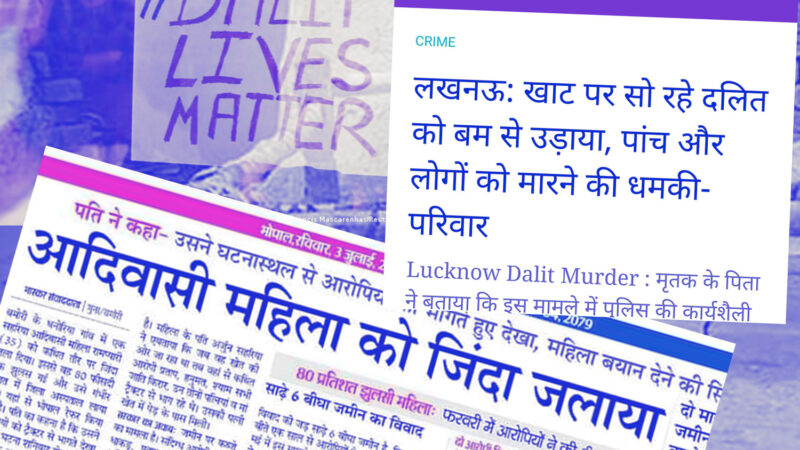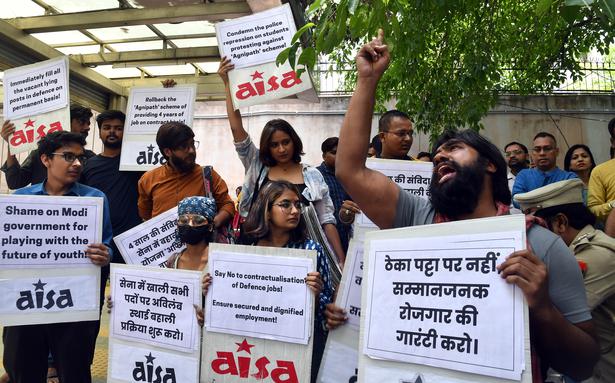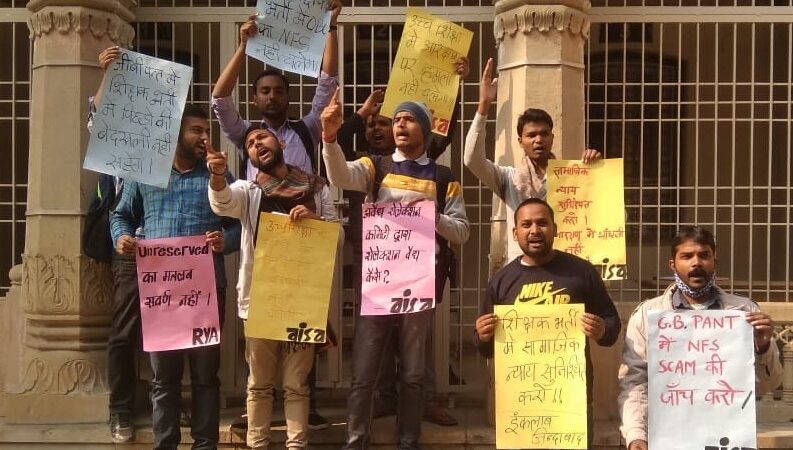Fighting Patriarchy: Interrogating ‘Commonsense’, Social Structures, Politics
- A woman is stalked in Chandigarh – BJP Union Minister Babul Supriyo tweets that it is just ‘boy chases girl’ that happens in both reel and real life( TV 18, Aug 9,2017)! The Haryana BJP state Vice-president Ramveer Bhatti asks why the woman’s father allowed his daughter out at night.
- Few days back, a group of students from JNU and DU were brutally assaulted and a female student in the same group was violently sexually assaulted by a mob in Surajkund. When they went to file complaint at the Surajkund Police Station, the police not only refused to do so but threatened them. The woman student was insulted and intimidated with comments like “Yeh free sex ka culture jail mein karwatey hai” (we’ll show you how to indulge in free sex in jail), “Tera kapda cheena huwa hai ya itna hi hai” (“Is your dress torn or is it deliberately this short?”). It is only after courageous intervention by the students and the JNUSU and timely media reports that FIR has now been filed and some action initiated against the guilty policemen (The Hindu, 18 Aug 2017).
- Kerala HC and Supreme Court pass orders for an NIA probe into a case of a Hindu woman converting to Islam and marrying a Muslim, declaring that a 24-year-old Indian woman must still be in the custody of her father for her own good.
- Meanwhile, there is no probe ordered into the copious evidence of organised violence by saffron brigade outfits against Hindu women who love and marry outside religion.(Operation Juliet: Busting The Bogey Of “Love Jihad”, Cobrapost, 1 July 2016)
- BJP’s UP CM and Sangh poster boy Yogi Adityanath, in an article on ‘Matrshakti,’ repeated the Manusmriti norm that women must always be under the control of the father, husband or son, Further he quoted scriptures to write “uncontrolled, free women who acquire man-like qualities become devilish” (Navbharat Times, 20 March, 2017)!
- In BHU, a Sanghi VC upholds rules that prevent women students in hostels from eating meat or having mobile phones or an internet connection in their rooms. In hostels across the country, women students are subject to restrictions that men students do not face.
- The BJP election Manifesto in 2014 said that ‘factories should be run like a Family’; the RSS chief says that they are ‘familyist not feminist’.
- The RSS women’s wing rationalises domestic violence saying: “Don’t parents admonish their children for misbehaviour? Just as a child must adjust to his/her parents, so must a wife act keeping in mind her husband’s moods and must avoid irritating him.” (Neha Dixit, “Holier than Cow” The Outlook, 28 Jan 2013)
Are these above points just disparate newspaper headlines?
It is high time we try to join the dots to make sense of these and other signs of our times, and what they say about the state of women’s autonomy and freedom in India today.
Are Moral Policing and ‘Make in India’ really opposed to each other? Sections of the media have often exposed and ridiculed the khaps and moral policing-Hindutva outfits as purveyors of ‘backwardness’ and a ‘medieval mindset’. Editors, commentators and TV anchors often ‘advise’ Modi to ‘rein in’ these ‘fringe’ elements, who are ‘holding back’ his ‘positive, progressive agenda of development’. The Sangh/Khap ‘love jehad’ and moral policing agenda, they say, is a shame for India, and India should instead walk forward on the ‘Make in India’ path.
What, however, is carefully ignored in this media discourse is how the same ‘moral policing’ and ‘discipline’ is used to control women workers in modern, globalised industry. When PM Modi is assuring big corporates of ‘ease of doing business’ in India and exhorting them to ‘Make in India’, we must ask, under what conditions do women currently ‘make’ for MNCs in India?
For instance, ‘Flawed Fabrics’, a report (by the Centre for Research on Multinational Corporations and the India Committee of the Netherlands) on women workers in Tamil Nadu’s textile industry that produces for a variety of top American and European brands, reveals the extremely exploitative conditions there. Women workers are admonished and penalised for going to the toilet, for speaking to male co-workers, and are denied the right to form unions. They live in hostels they describe as ‘semi-prisons’, where they are denied mobile phones and allowed phone calls to parents only in the presence of wardens. These conditions, predictably, are defended by managements in terms of “safety and security” concerns of the workers’ parents, and “our Tamil Nadu culture!” These conditions are also similar to the sexist rules in women’s hostels in most colleges and Universities in India. Indeed, training in docility and patriarchal discipline is what the globalized workplace too sees as an asset. The politics of ‘moral policing’ and ‘Make in India’ are indeed symbiotic and not really opposed to each other!
Why are our ruling parties, governments and mainstream media silent on such work conditions for women? For instance, this year, Modi Govt has shamelessly decided to limit the benefits of a maternity assistance scheme to only the first live birth of a mother. The existing scheme gave benefits for two live births, and women’s groups had been demanding that it be extended to all births. The Modi Govt’s decision will halve the percentage of existing beneficiaries and this precondition will exclude the majority of women, most of whom are from the marginalized communities. If these conditions and policies prevail, ‘Make in India’ can only mean that India is offering cheap labour, cheap health and lives, and unfreedom of women and oppressed castes, as the USP to attract global capital.
In the Name of ‘Protection’ for Women: Politics in India is full of rhetoric about ‘protecting women’, ‘respecting women’ and so on. You find politicians competing to swear by ‘Bharat Mata’ – imagining the country itself as a woman that loyal sons must protect and avenge. The politicians also vie with each other to demand death penalty, public hanging and various horrific punishments for rapists. But when it comes to actual instances of gendered violence, these politicians – across parties – tend to dismiss rape cases as ‘false cases motivated by the Opposition’. They tend to blame women for rape and suggest that ‘boys will be boys’ and women can be safe as long as they keep within the ‘Laxman Rekhas’ drawn by protective men.
‘Protection of women’ and ‘defending/avenging Bharat Mata’ are the pretexts on which communal and caste violence as well as custodial killings of inter-caste or inter-faith couples are organized and justified.
In case of a horrific rape as in Bulandshahr, media channels and prominent voices profile the accused based on their identity – suggesting that members of denotified tribes are somehow specially prone to rape or crime. Note that in the case of horrific crimes against Dalit women (as in Khairlanji, as in the dozens of systematic rapes of Dalit women happening every day); or against Thangjam Manorama or the women of Kunan Poshpora, the accused are not profiled – their institutional power (of caste hegemony, of the ‘national’ uniform) makes their crimes invisible.
What kinds of “common sense” makes oppression seem ‘normal’ and ‘natural’? How can we make structures of oppression visible and recognizable? What kinds of politics can we forge – that challenges patriarchal common sense?
See More : Remembering Comrade Chandrashekhar in today’s JNU
